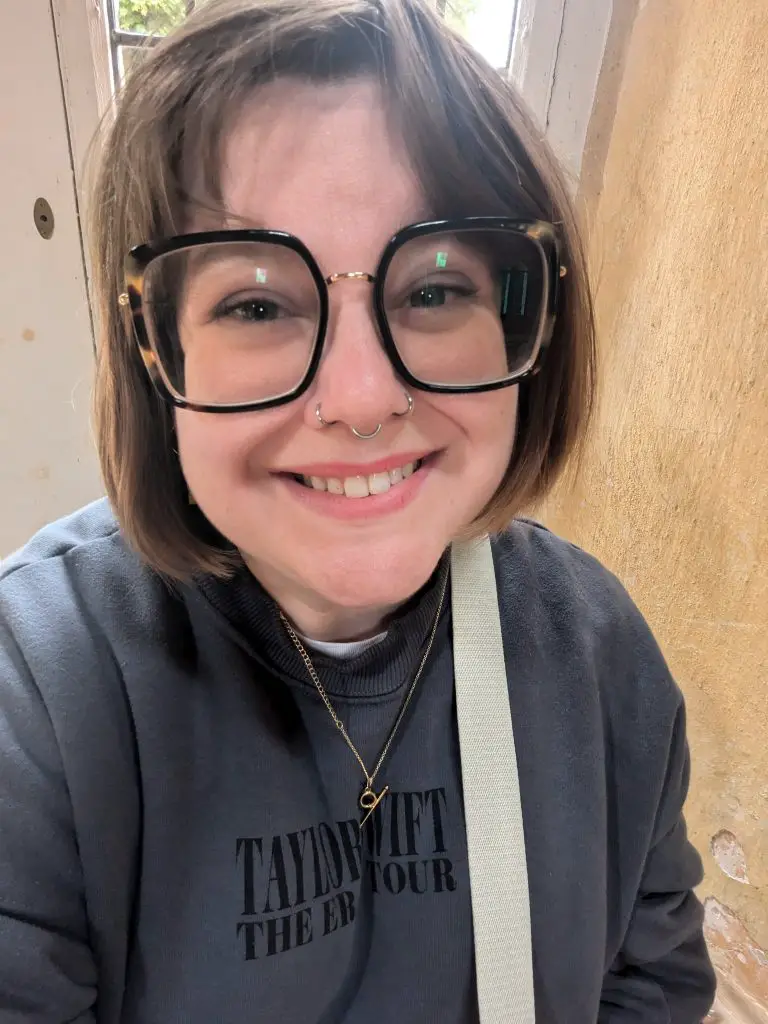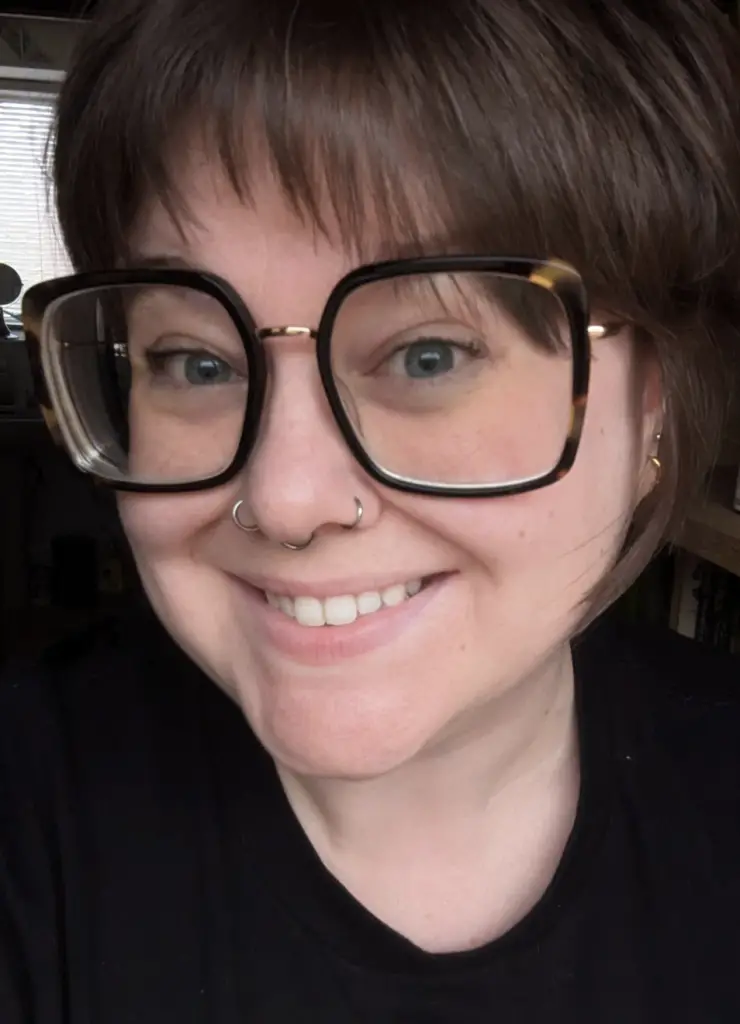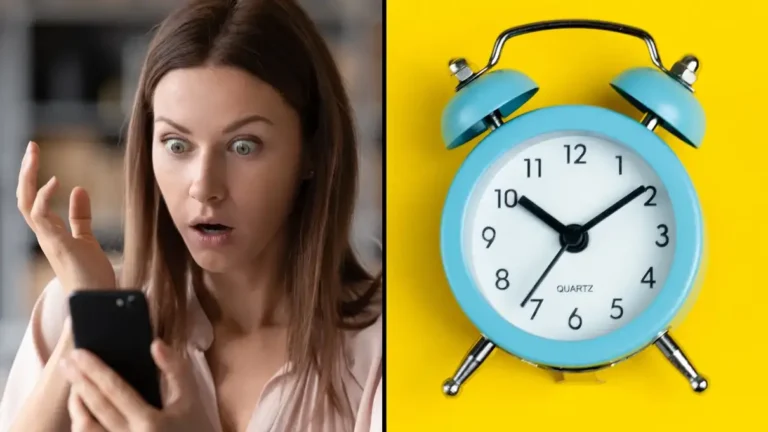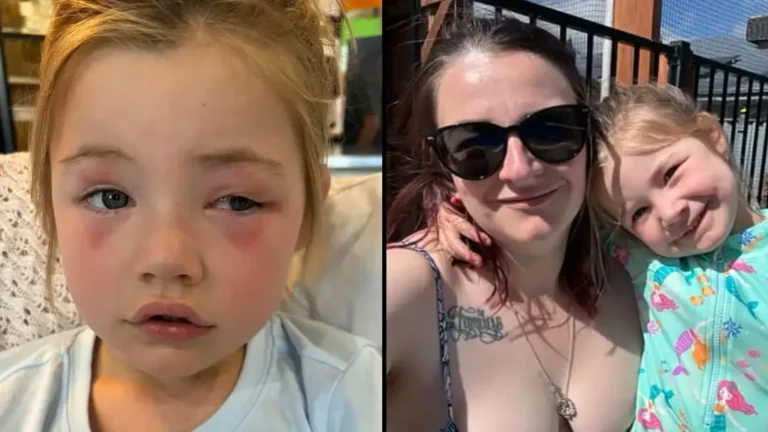A woman is receiving support after coming out as abros**ual and sharing her story.
Coming to terms with one’s identity can be a complex journey, especially when society struggles to acknowledge or understand it.
For one woman, it took three decades of self-reflection and discovery to identify as abrosual.

In an article for Metro, journalist Emma Flint opened up about the challenges she faces when sharing her identity as abros**ual.
“When I tell people I’m abros**ual, I’m often met with confusion,” she wrote.
“Questions like, ‘Is this even a real label?’ or ‘Why can’t you just pick one?’ are, unfortunately, all too common.”
Flint’s journey began in the 1990s, a time when public understanding of LGBTQ+ identities was far more limited than it is today. Back then, sexual orientation was typically seen through a narrow lens—you’re either straight, gay, or lesbian. Anything outside of that was often dismissed as uncertainty or a phase.
“I grew up feeling lost,” Flint shared. “It wasn’t that I didn’t know who I was—it was that my identity kept shifting in ways I didn’t know how to explain.”
Everything changed in 2020 when Flint came across an Instagram post by Zoe Stoller, a social media educator who focuses on highlighting lesser-known LGBTQ+ identities.
“It was like a light bulb went off,” she recalled. “For the first time, I saw a word—abros**ual—that perfectly captured what I’d been feeling all along.”

For Flint, abros**uality provided the clarity and validation she had long sought. It explained why her attraction sometimes aligned with being a lesbian, only to shift toward bis**uality weeks later.
According to the S**uality Wiki, abros**uality is ‘a s**ual orientation on the multis**ual spectrum in which one’s s**uality is changing or fluid.’
“It wasn’t indecisiveness or confusion,” Flint emphasized. “It was simply how my identity naturally evolves.”
Coming out as abro**ual, or s**ually fluid, however, hasn’t been without challenges.
The response was dismissive when Flint confided in a close friend about her newfound identity.
Despite such setbacks, the journalist has found support in other areas of her life. Friends and family members who were initially unfamiliar with abros**uality have made an effort to educate themselves.

One persistent misconception is that being abros**ual complicates romantic relationships.
Flint refutes this notion, explaining that her s**ual fluidity doesn’t affect her ability to love and commit.
“I’m attracted to the person, not their gender,” she explained. “My identity might fluctuate, but it doesn’t change my feelings for my partner.”
Unfortunately, not everyone approaches the topic with the same openness.
Yet Flint hopes a greater awareness will normalize abros**uality as just another facet of human diversity.
“It’s not about being trendy or different,” she said. “It’s about understanding that identities like mine are valid, even if they’re unfamiliar to you.”
After 30 years of searching, Flint is no longer constrained by others’ expectations or misunderstandings.
“I’m excited to embrace this fluidity and see where it takes me,” she concluded. “What matters most is that it makes sense to me – and that’s enough.”
You can read Emma Flint’s full article here.






